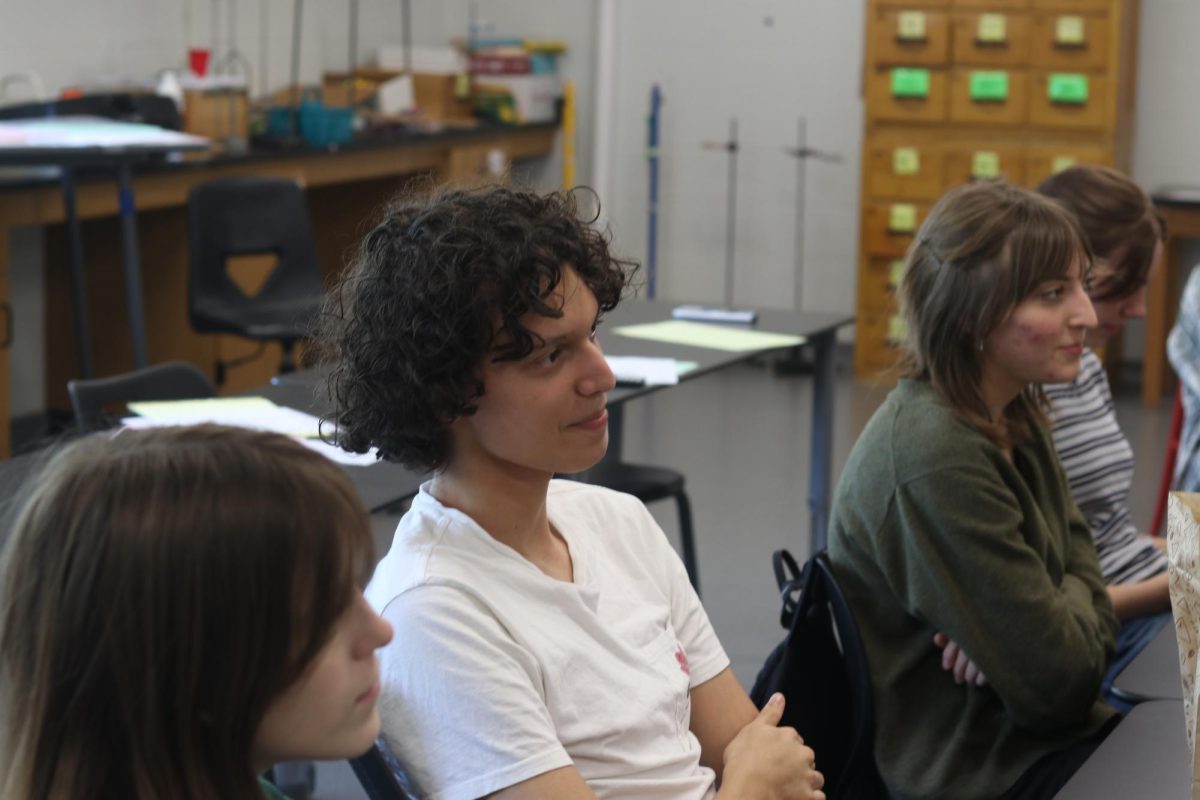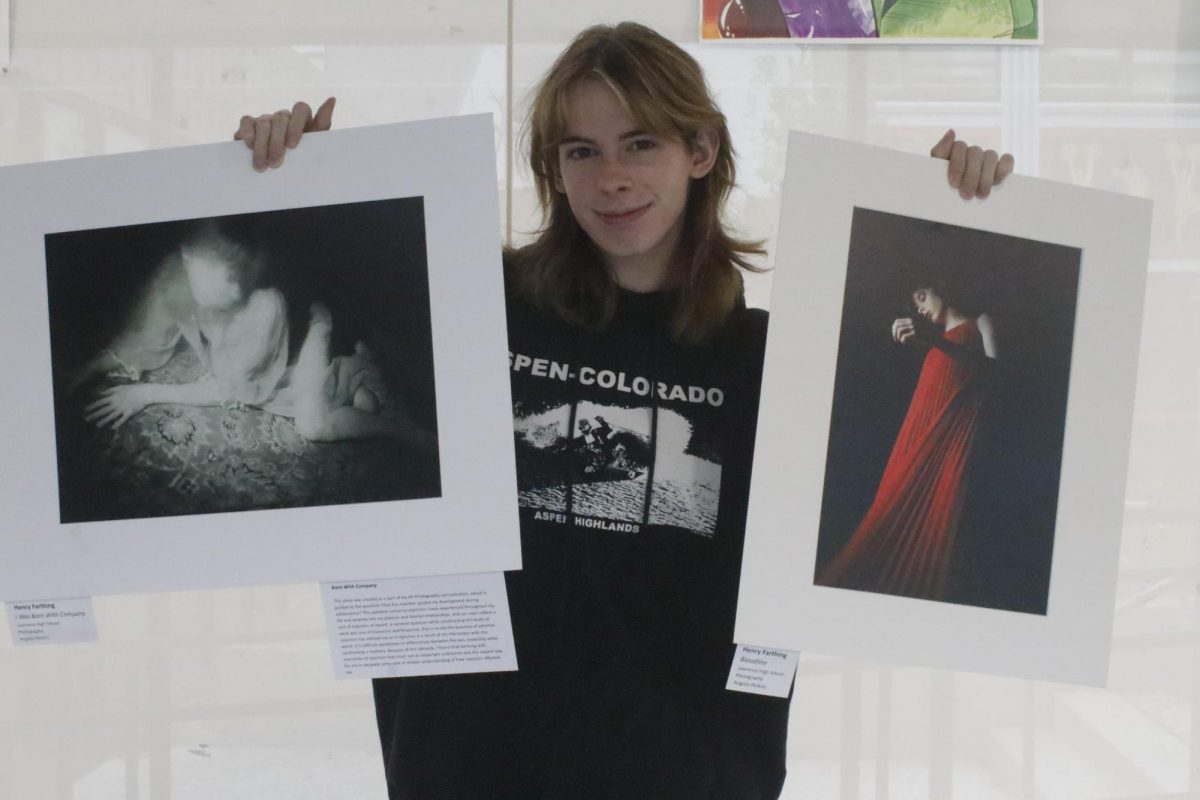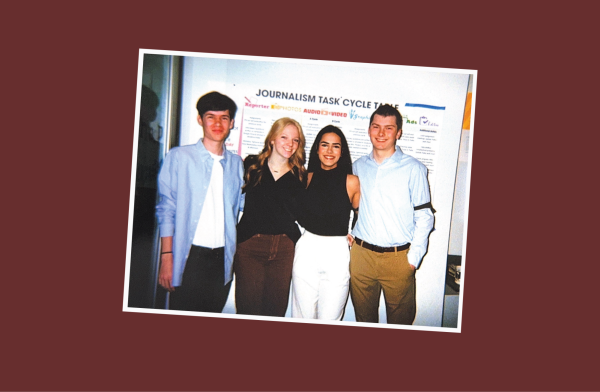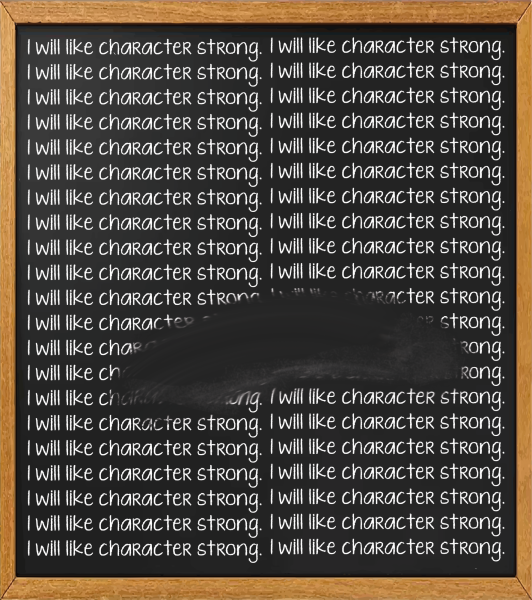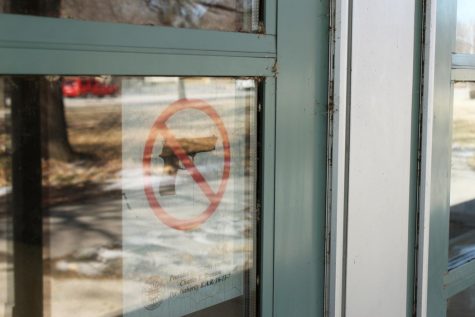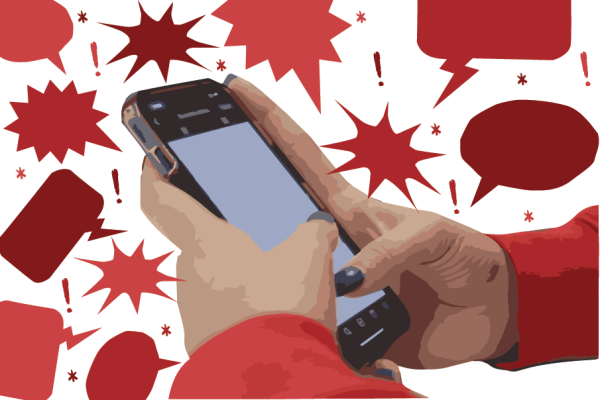Racial stereotypes cause students to question their identifying traits
Stigma about certain personality traits corresponding to ethnicities is inaccurate and damaging
April 9, 2014
When a white boy sags his pants, people assume he is trying to portray himself as black person. When a black girl speaks without using African American Vernacular English (AAVE), she is told she is trying to act white.
AAVE is a dialect of English coined by African slaves and is still in usage today.
Although, blatant racism such as segregation has diminished since the ‘60s, racism is still prevalent in modern society.
In 2014, there is no place for individuals whose racial stereotypes ignorantly define that people should act a certain way just because of the color of their skin. These stereotypes categorize individuals into inaccurate groups and marginalize them with damaging assumptions.
“I’ve gotten lots of comments on my skin color,” junior Breanna Bell said. “I’ve gotten comments about my hair…I’ve been assumed that I was dumb. I was put in certain classes and talked to in this way like, ‘You don’t understand this’ when in fact I was able to prove them wrong.”
People associate certain types of speech patterns with race. Often the connection is that “talking black” is uneducated and “talking white” is proper.
Often, people do not realize that AAVE is not uneducated, and in fact is a specific dialect that has its own grammatical structure and vocabulary.
It is not just slang and what people assume to be bad grammar or broken English.
It is not a dialect limited to black people, since people of many ethnicities use AAVE without knowing it.
“It doesn’t mean they are uneducated,” social worker Lynisha Thomas said. “But I can see that people thinking that they are using broken English and slang terms even though the student, kid, adult, whatever can be completely educated. That is just the terminology they are using.”
The stereotypes can be so outrageous that the perception of a person’s race can be altered depending on his actions or circumstances. Stanford University researcher Aliya Saperstein found that a person assumed to be white under certain circumstances may later be identified as black if circumstances change.
“If someone went from being employed to being unemployed, or being out of prison to being in prison, or being off welfare to being on welfare, the interviewer was more likely to see the person as black — after they experienced that sort of downward mobility — than before,” Saperstein said on National Public Radio.
People who believe in racial stereotypes do not realize that it not only hurts the person to whom the stereotype apply but all people of the race. When people say that someone is “talking black,” it often has negative connotations or is used as an insult. When people say that someone is “talking white,” that person is talking with what is often unjustly believed to be proper English and pronouncing words how many believe is correct.
In fact “proper English” does not exist.
“If you go to different countries, they might have accents, and they might say different words that mean the same thing but they can say it differently,” Bell said. “Even though it sounds differently than the way we say it, it is still polite.”
Of all the English speaking countries, there is an abundance of accents and dialects, all of which are correct. There are no correct versions of English, only differences in dialects and accents.
Proper English does not equal white. Slang doesn’t equal black. Using slang does not make one less educated, and the user should not be perceived as such.
“People in our history in America have found it necessary to demean and belittle people that are different than them to make themselves feel better,” Thomas said. “Which is sad because, just because someone is different doesn’t mean it’s wrong, doesn’t mean it’s bad.”





